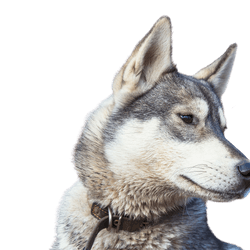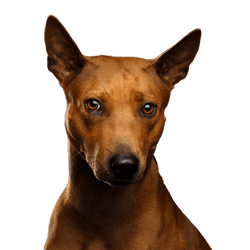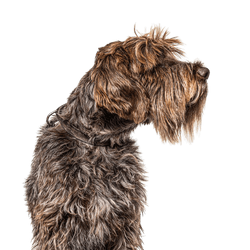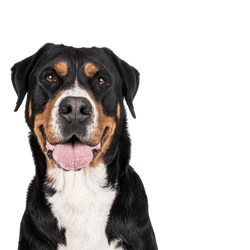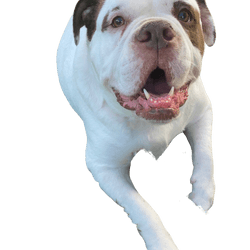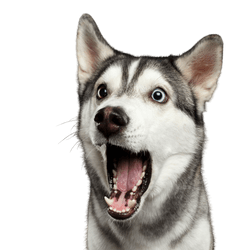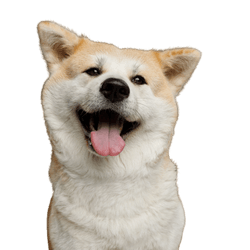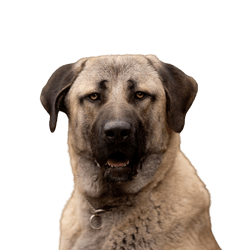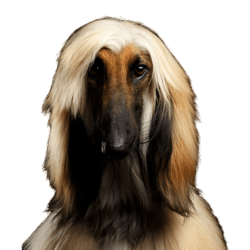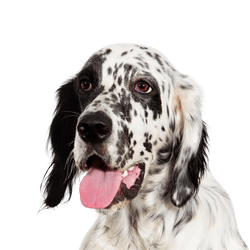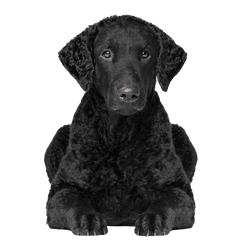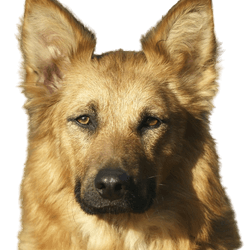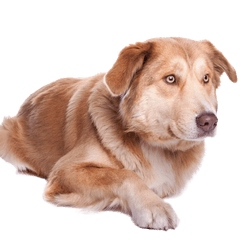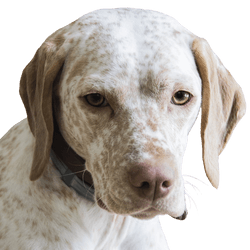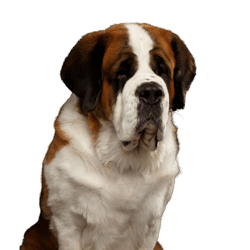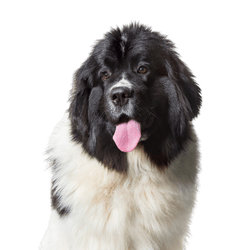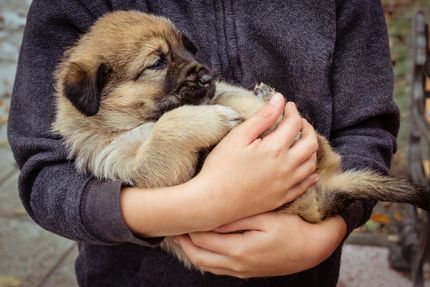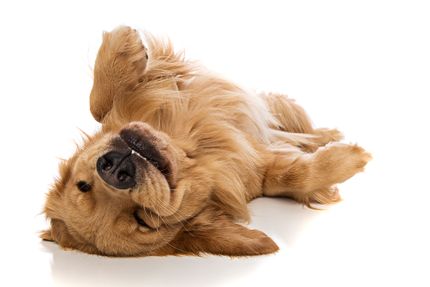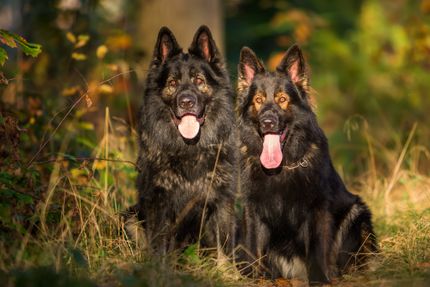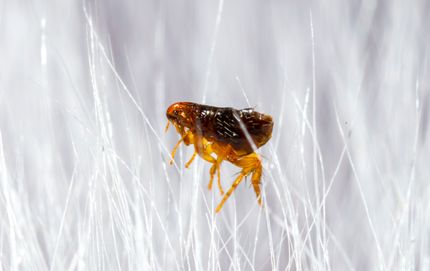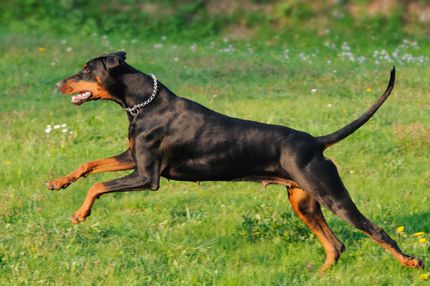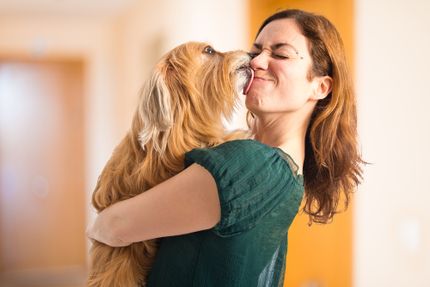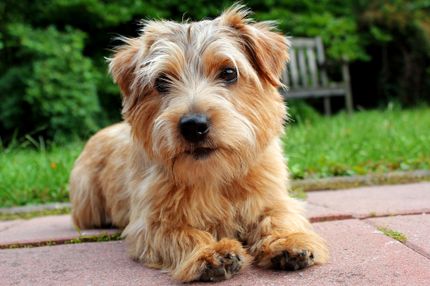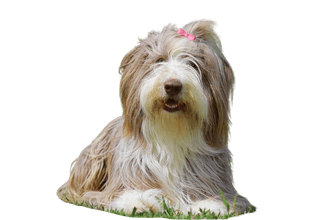
Bearded Collie Breed description: Character & Co
Bearded Collie
Facts & Origin
This dog breed originating in Great Britain is assigned to FCI Group 1 under Section 1, standard number 271. This Collie species belongs to the medium sized dogs with a weight of 18 to 28 kg and an average height of 53 cm. It is used as a herding dog, but is also often kept as a companion and family dog. The Bearded Collie has long fur, which can be slate grey, reddish, black, fawn or grey. It is a dog you can rely on and with which you will have a lot of fun. Also this breed is very intelligent. The Bearded Collie can live up to 14 years.
Origin and history of the Bearded Collie
The Bearded Collie is also known as Highland Collie or Mountain Collie, which is due to its history. The Bearded Collie was used in the Highlands of Scotland to herd sheep and cattle. The dogs were often outside for very long periods of time and had to withstand all weather conditions, which is why the Bearded Collie has such a dense and long coat. This breed was bred exactly according to these conditions. The aim was to create a dog breed that is robust and "weatherproof", but just as obedient and reliable. The actual origin of the Bearded Collie is not exactly known, but it is assumed that the roots of his breed lie mainly in Scotland, England and Poland. The Bearded Collie is related to the Tibetan Terrier, the Old English Shepherd Bobtail and the French Briard. In addition, it was formerly called the Polish Lowland Shepherd, which indicates their relationship with Polish herding dogs.
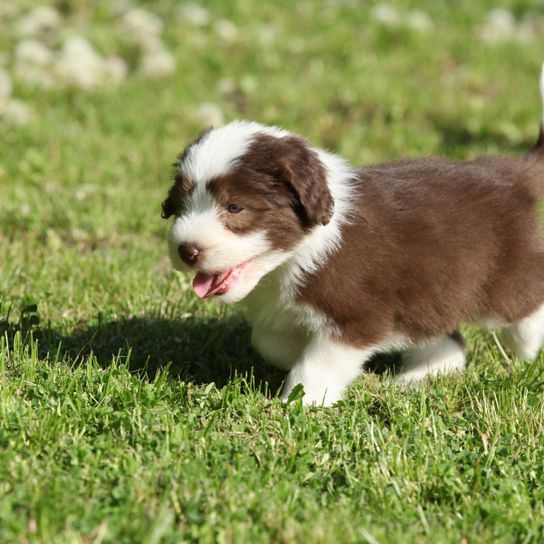
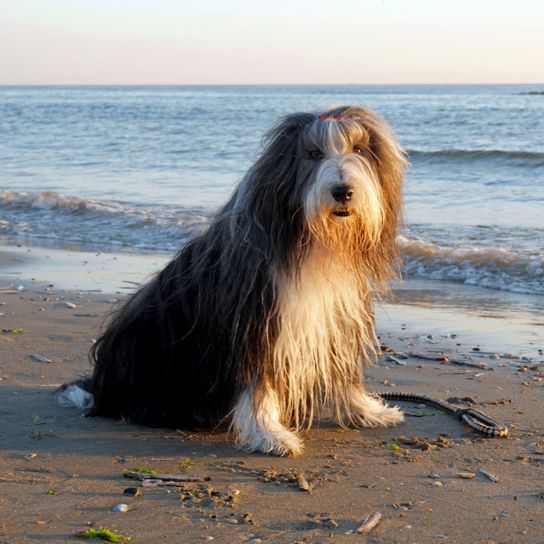
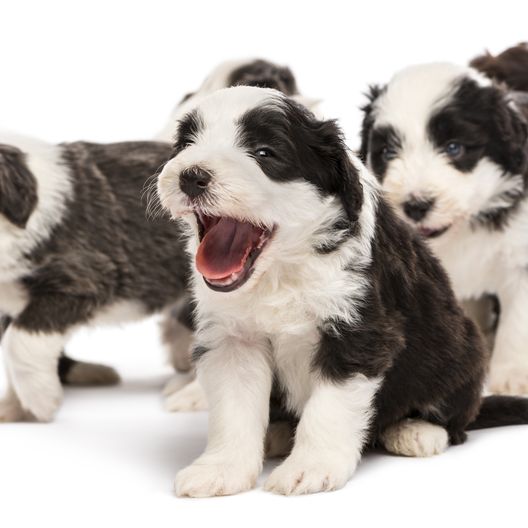
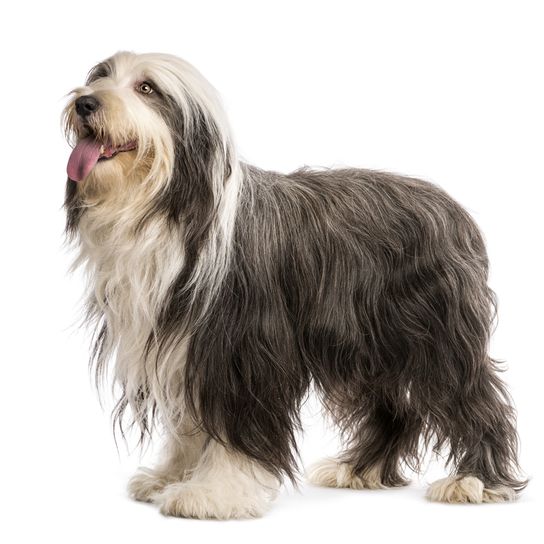
| Alternate Name | Highland Collie |
| Origin | UK |
| Life expectancy | 12 - 14 years |
| Care requirements | high-maintenance |
| Activity level | average |
| FCI group | Sheepdogs |
| AKC group | Herding Group |
| KC group | Pastoral Group |
Attitude, character and temperament of the breed
Keeping of the Bearded Collie
If you want to buy a Bearded Collie, there are a few important things you should keep in mind in regards to their keeping. The nature of the Bearded Collie is characterised by attentiveness, friendliness and confidence. You will be thrilled by the liveliness and reliability of this working dog.
Exercise and activity
The Bearded Collie will always remain a shepherd dog at the core of its being and must be kept busy. These dogs are used to being outside a lot and experiencing the world. One to two hours of exercise per day are mandatory for this breed.
You should challenge your Bearded Collie physically and mentally enough so that your dog can live a balanced and happy life. This breed is particularly suitable for:
- Search games
- Tracking training
- Agility
- Dog Dance
- Flyball
- Obedience Training
- Sports partner for jogging and cycling
Sensitive but consistent training
When training your Bearded Collie, you should meet them with consistency, but avoid a harsh tone with them. This breed can often reacts sensitively to this and lose trust in you as a result. Also a gentle, yet confident lead is important, but you should never be too forceful with them on the lead. Bearded Collies are very sensitive but reliable animals, therefore an overly strict education is not necessary. Furthermore this dog breed is suitable as a beginner's dog.
Character
Usage
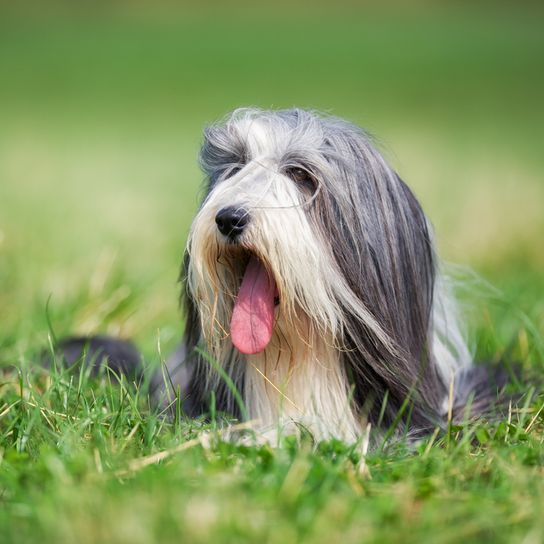
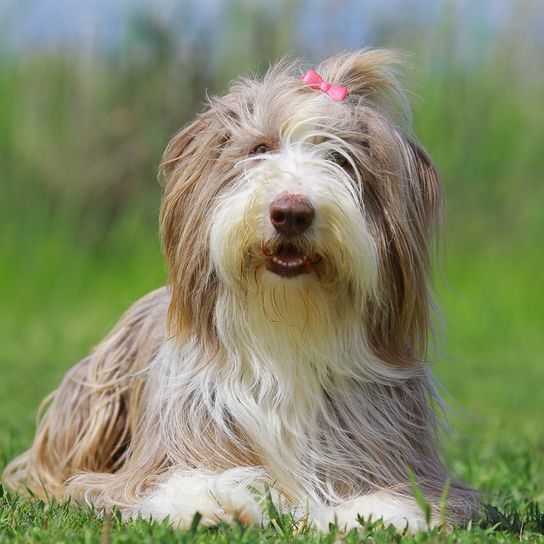

Health and breeding information
Buying a Bearded Collie
If you are thinking about buying a Bearded Collie, you should either look for a good breeder or ask at an animal shelters. Many Bearded Collie breeders only sell puppies that meet the breed standards and are quite expensive. A puppy costs about 1500 Euros. But not only Bearded Collie puppies can enrich your life, also many adult dogs are waiting to be adopted into a loving home. Some people are forced to give their Bearded Collie away due to circumstances, mostly when moving into a smaller apartment or similar. Just ask at an animal shelter near you.


This breed is characterised by its strong and fluffy appearance. The long coat, which even covers the dog's face and snout, can be grey-white, reddish, brown, black or fawn. The coat has a thick undercoat, which is slightly greasy. In the past it protected the herding dog from the rain of the Scottish Highlands, because the oily texture of the undercoat repels water very well and warms them.
The Bearded Collie is a medium sized dog with a robust and strong stature, yet their physique shows off their fitness. In this breed, bitches with an average height of 52 cm are a little smaller than the males, which are about 55 cm tall. However, there can be a big difference in weight between males and females. Males weigh between 23 and 28 kg, while a narrow bitch can weigh as little as 18 kg.
Coat care
What you should definitely think about if you want to keep a Bearded Collie is the maintenance effort. As this breed has a very long and dense coat, your dog needs to be brushed regularly. Compared to other breeds, this can take an hour or more, but that's why you should make grooming a regular part of your routine. The more often you brush or bathe your dog, the less their coat gets tangled. Despite regular grooming, you should have your dog trimmed and cut at a groomer's on a seasonal basis. Especially in summer this dog breed suffers from the heat and is very happy with a thinner coat. Groomers have the possibility of removing your dog's undercoat or straighten their coat.
| Fur length | long |
| Fur | flat coated |
| Ear shape | Floppy Ear |
| Tail | fanned out |
| Anatomy | rugged |
| Size ♀ | 51 - 53 cm |
| Weight ♀ | 18 - 27 kg |
| Size ♂ | 53 - 56 cm |
| Weight ♂ | 18 - 27 kg |
| Suitable For | - |
Colors
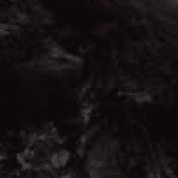


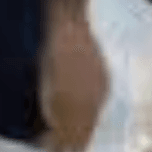





Other large dogs
Useful Articles
You can find articles that might interest you in the dogbible blog to match your favorite breed.
Visit our magazineto stay up to date on dog trends.
To find out more, view our Privacy Policy
Find here the breed that suits you and find out what character traits it has. Here you can also learn more about the origin, size and weight of your favorite breeds.
Matching your favorite breed, you'll find articles that might interest you on the dogbible dog blog.
Tattoos with dog theme: We have the cutest net finds for you
Advantages of mixed breed dogs to pedigree dogs
